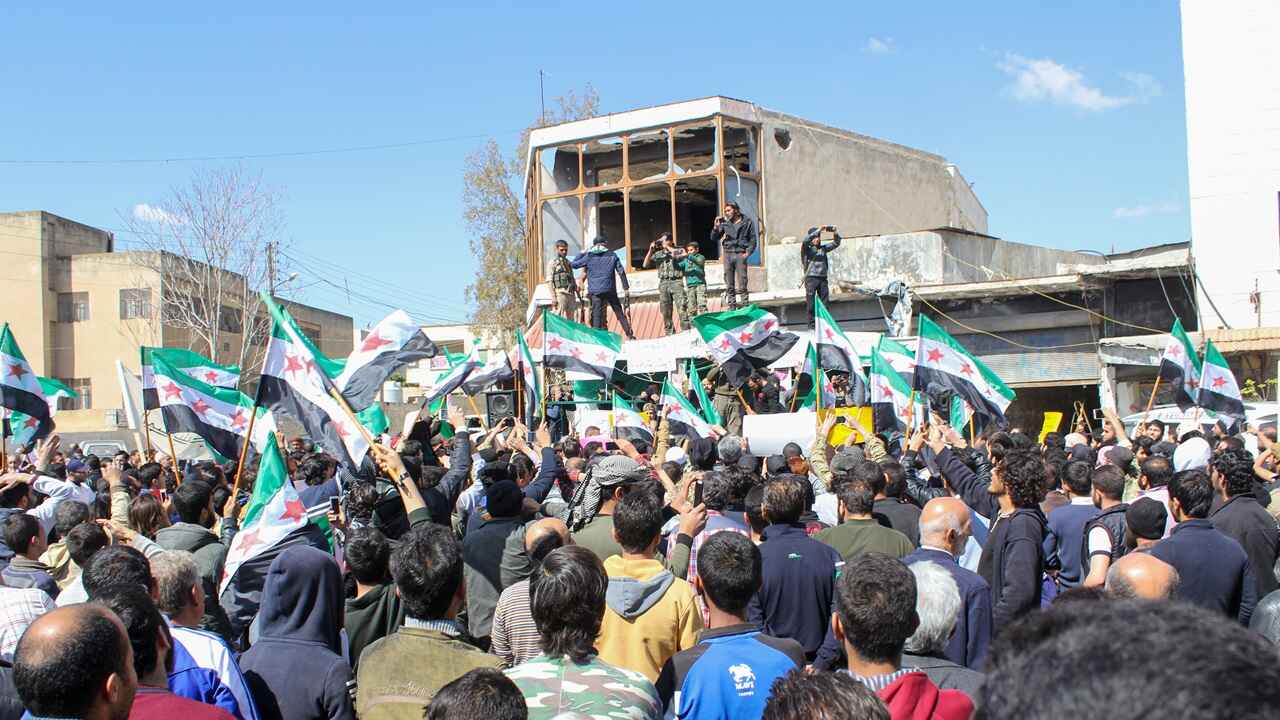
Russia’s Global Losing Streak Continues in Syria
But Syria isn’t the only instance where Russian military power has taken a hit.
The Russian leadership might be fixated on the conflict in Ukraine, but this focus is coming at a cost.
A few weeks ago, one of its closest allies, the Assad regime, collapsed in a matter of days. Former President Bashar al-Assad had to flee the country with his family to avoid execution in the hands of his angry people.
But Moscow lost much more than just an ally in the Middle East. Indeed, the Russian military’s force projection capabilities have been dealt a terrible blow.
Sweet Dreams, Warm Water Port
“Uncertainty concerning the future of Russia’s presence and capability in the Eastern Mediterranean remains high,” the British Military Intelligence assessed in a recent intelligence estimate.
In December, the brutal Assad regime collapsed. The Russian military, which had a significant naval, ground, and air presence in the country, had to pull out its forces as quickly as possible.
The pull-out, however, will have long-term consequences on Russia’s ability to project force.
“Following the collapse of the Assad regime, Russia’s former Syrian ally, Russia’s Permanent Mediterranean Task Group (PMTG), does not currently have access to its Tartus naval base for maintenance and logistical support,” the British Military Intelligence added.
One of the main reasons behind Russia’s involvement in Syria was access to warm water ports. The Russian Navy’s access to such strategic ports is very limited and prevents Moscow from projecting force in places further than its territorial waters.
Warm water ports are locations where the water does not freeze throughout the year. For countries like Russia, where the freezing temperatures freeze most of its ports every winter, warm water ports are invaluable. They can be accessed year-round and provide important military, economic, and geopolitical advantages.
The situation isn’t going to get better. As long as political uncertainty exists in Syria, the Russian military won’t be able to return to its bases. The Kremlin’s support for the brutal Assad regime hovers like a deadly specter above the relations with the new government.
“However, Russia is almost certainly seeking to retain a presence in the Mediterranean. Its ability to logistically support both its military and its Private Military Contractors in Africa, as well as limiting the reputational damage incurred through the fall of the Assad regime, will almost certainly be priorities for the Russian government,” the British Military Intelligence added in its analysis.
Few Alternatives for Moscow
The Kremlin hasn’t openly stated that it would be redeploying the naval, ground, or air forces recently defenestrated from Syria elsewhere in the Mediterranean. Indeed, the large-scale invasion of Ukraine in 2022 has left Russia with few friends around the world.
“The Russian leadership almost certainly considers the Ukraine conflict to be their primary concern. Russia’s prioritisation of the Ukraine conflict likely degraded Russia’s ability and capacity to keep the Assad regime in power,” the British Military Intelligence concluded.
And Syria isn’t the only instance where Russian military power has taken a hit. Russian interests in Africa have also suffered from the Kremlin’s fixation with the “special military operation” in Ukraine.
About the Author: Stavros Atlamazoglou
Stavros Atlamazoglou is a seasoned defense journalist specializing in special operations and a Hellenic Army veteran (national service with the 575th Marine Battalion and Army HQ). He holds a BA from the Johns Hopkins University and an MA from the Johns Hopkins’ School of Advanced International Studies (SAIS). His work has been featured in Business Insider, Sandboxx, and SOFREP.
Image: Shutterstock.